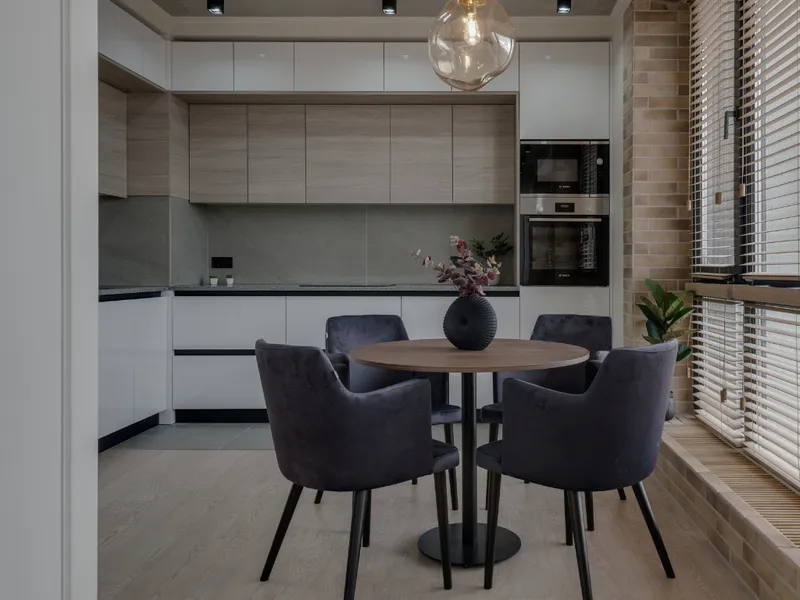What the D66 Election Plans Could Mean for Landlords in Rotterdam

In this article, Rotterdam Rental Service (RRS) outlines the key points and explains what these may mean for the rental market in Rotterdam.
1. Higher tax burden on assets and real estate
D66 aims to reduce the gap between income from work and income from wealth. This means:
- Higher taxes in Box 3 for savings, investments, and rented properties.
- A possible increase in property tax (OZB) for owners of multiple properties.
- Fewer tax benefits for real estate investments held through a private limited company (BV).
For landlords, this results in a lower net rental return, especially for those owning several properties. Professional advice on tax optimization and property management will therefore become more important than ever.
2. Stricter rules for renting and rent determination
D66 supports further regulation of the mid-rental segment and wants municipalities to have stronger supervision over good landlord practices.
This includes:
- Mandatory WWS (points system) for all new rental contracts.
- Stronger tenant protection in cases of complaints or maintenance issues.
- Higher fines for rule violations.
For landlords in Rotterdam, this means that more homes may fall under the regulated segment, and that supervision of rental prices and contracts will increase. The gap between the free sector and regulated sector will therefore become smaller.
3. Reduced tax benefits for multiple property owners
According to the Central Planning Bureau (CPB), D66 wants to limit tax advantages for property ownership.
Those who own or rent out multiple properties may face higher taxes.
The goal of D66 is to tax real estate income more “fairly” compared to labor income.
Small private landlords (with one or two properties) might feel the effects less, but will still face higher costs and more regulations.
4. Impact on the housing market and new construction
At the same time, D66 wants to heavily invest in new housing developments, even proposing the creation of ten new cities to structurally reduce the housing shortage.
In the short term, this primarily means stricter rental rules to stabilize the current market.
For landlords, demand for high-quality rental properties in Rotterdam will remain high, but returns may come under pressure due to increased taxes and legal tightening.
5. What does this mean for you as a landlord?
- Higher Box 3 taxes and possibly more local (municipal) charges.
- More regulations on rent levels and maintenance.
- Greater emphasis on good landlordship and transparency toward tenants.
- Lower net returns due to the combination of taxation and regulations.
In short: Professional property management and up-to-date legal knowledge will be essential to continue renting successfully in 2025.
6. Advice from Rotterdam Rental Service (RRS)
At Rotterdam Rental Service, we closely monitor all political and fiscal developments.
Our team ensures that you comply with current regulations while optimizing your rental income through:
- Fast placement of reliable tenants (expats & companies).
- Accurate rent calculations according to the points system (WWS).
- Professional communication, property management, and contract handling.
With our experience in the Rotterdam rental market, we help landlords rent out their properties successfully — even in a changing political climate.
Want to learn more?
Would you like to know how the D66 plans and new tax regulations in 2025 could affect your rental property or portfolio?
Contact Rotterdam Rental Service via:
info@rotterdamrentalservice.com
www.rotterdamrentalservice.com
More of our blog

Rent out your property for free in Rotterdam (2026)
How Rotterdam landlords can rent out their property to expats or international students at zero cost
-800x600.webp)
Do you want to rent out your property in 2026?
Can you simply rent out your property in 2026? Here’s what you need to know (rules & risks).

What does an Expat-Friendly accommodation look like?
The checklist for HR teams, landlords & international professionals
Get in touch with us!
